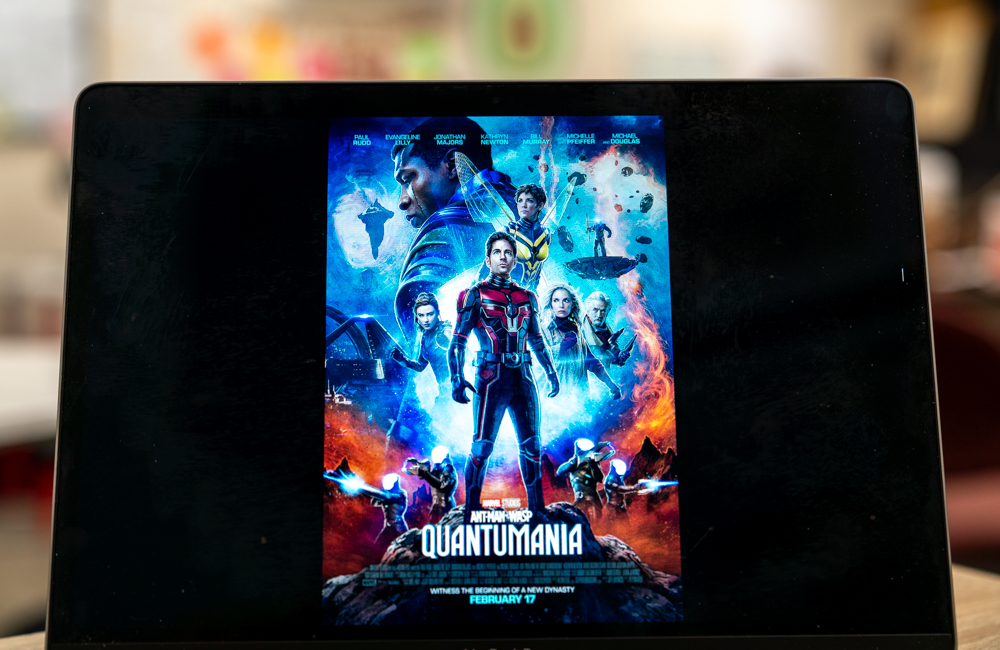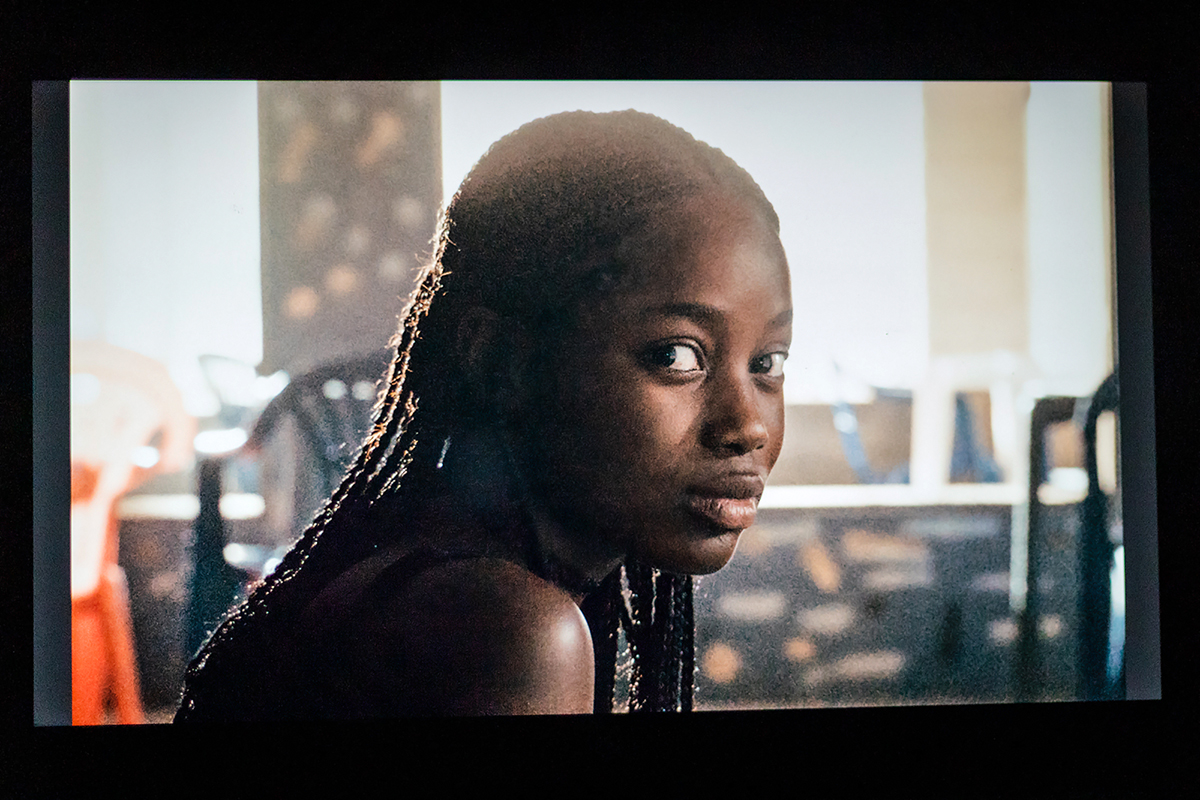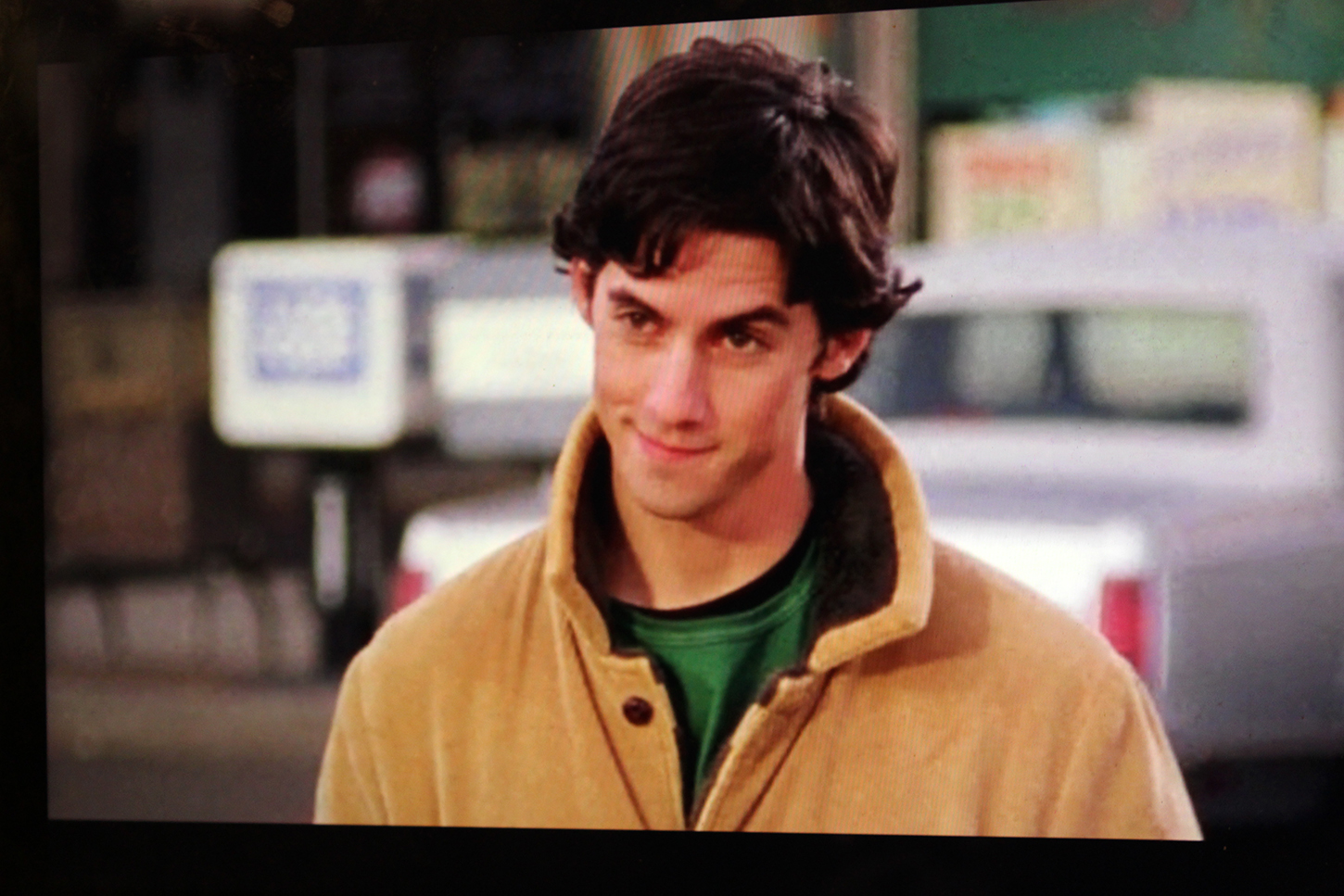Accompanied by the verbose title, “The Best Exotic Marigold Hotel,” a film that chronicles senior citizens on their move to a retirement home does not promise to be marketable. Yet, Best Exotic proves to be a universally appealing film, especially in its philosophical pursuits, humanistic performances, and intriguing camerawork.
The plot is simple enough. Seven British retirees, listless for a potpourri of reasons, travel to colorful Jaipur, India to live in the eponymous Best Exotic Marigold Hotel, an attempt to chromatize their final years. Each character commences their own relationship with India, carving the narrative into vignette form.
Yet, the themes that unite the seven ultimately fosters a narrative of transcendental proportions. Impending death sharpens each character’s wit and sass, producing dialogue that is truthfully blunt, evidenced when Muril [Maggie Smith] explains that, “…at my age, I can’t plan that far ahead, I don’t even buy green bananas.” It’s as the seniors’ limited time injects a passion into every action, rendering these otherwise tired characters almost superhuman.
And of course, India, a nation whose belief in reincarnation settles a calm over the land, voices its own interpretation of death to the seniors, contextualizing the narrative. Perfectly summed in the film’s repeated mantra, India explains that “Everything will be alright in the end. And so if it is not alright, it is not the end.”
The most fabulous component of Best Exotic, however, is the cast. The British stars, many seasoned by Shakespearean experience, provide charisma unattainable for younger actors who have not yet experienced life. Judi Dench, Bill Nighy, and Maggie Smith continually charm the audience, exemplified by one line from Nighy that invited immediate applause in one theatre. Slumdog Millionaire superstar Dev Patel as the hotel manager holds his weight too, delightfully adding the ignorance of youth needed to counterbalance the elders’ aged quips.
To the untrained eye, Best Exotic looks beautiful, in most part due to the vibrancy of India, the “assault on the senses” that India provides, as one character describes it. To those trained to notice filmmaking intricacies, Best Exotic looks gorgeous. Camera movement artfully mimics the chaos of Indian traffic crowds, as the camera bends over and around rickshaws to then find our characters. Cinematographer Ben Davis makes the bodies of water look like velvet and manipulates evening light to be particularly elegant, similar to his work in The Debt, another collaboration with Best Exotic director John Madden.
That said, the vignette structure isn’t always efficient. The overcrowded cast necessitates that characters weave in and out of the chronology of the film – creating quite a surprise when they reappear. Additionally, a few characters experience unnaturally quick changes in their character arcs, a result of the competition to share the silver screen.
Still, The Best Exotic Marigold Hotel more than makes up for its characters chaos with colorful characters, gorgeous vistas, and spiritual enlightenment. Quite like the balance of India herself.































































































































